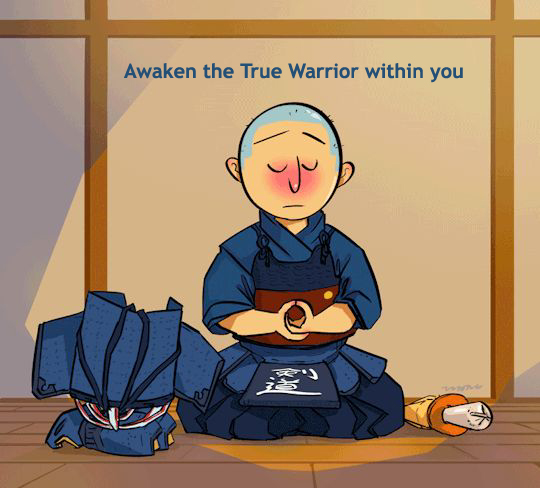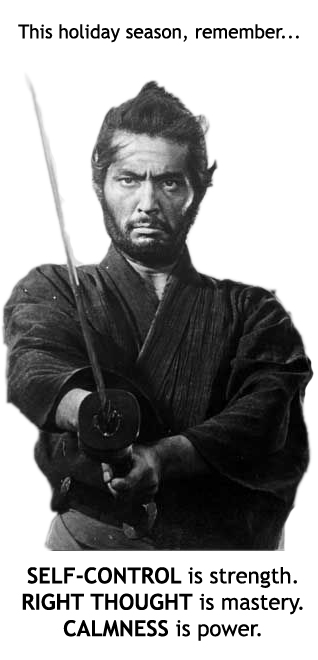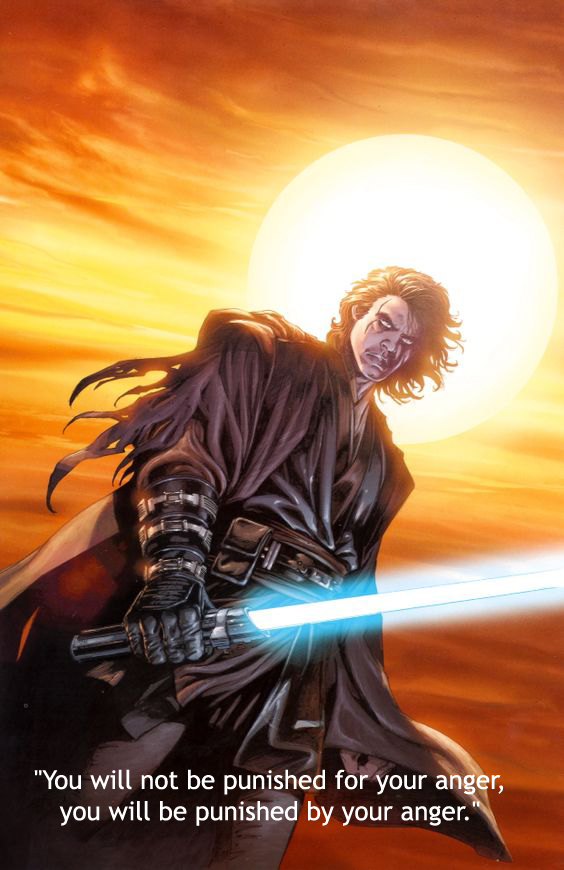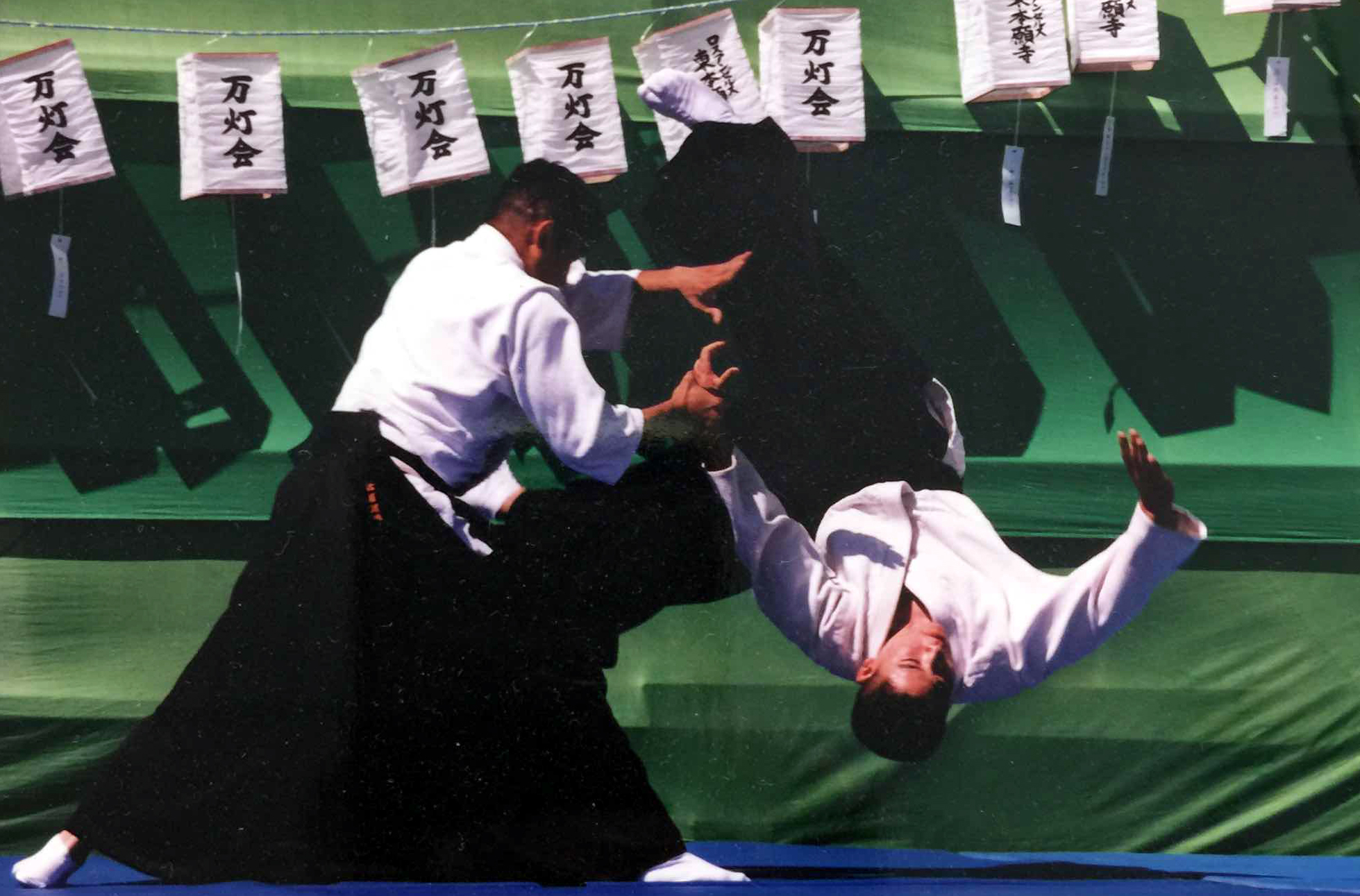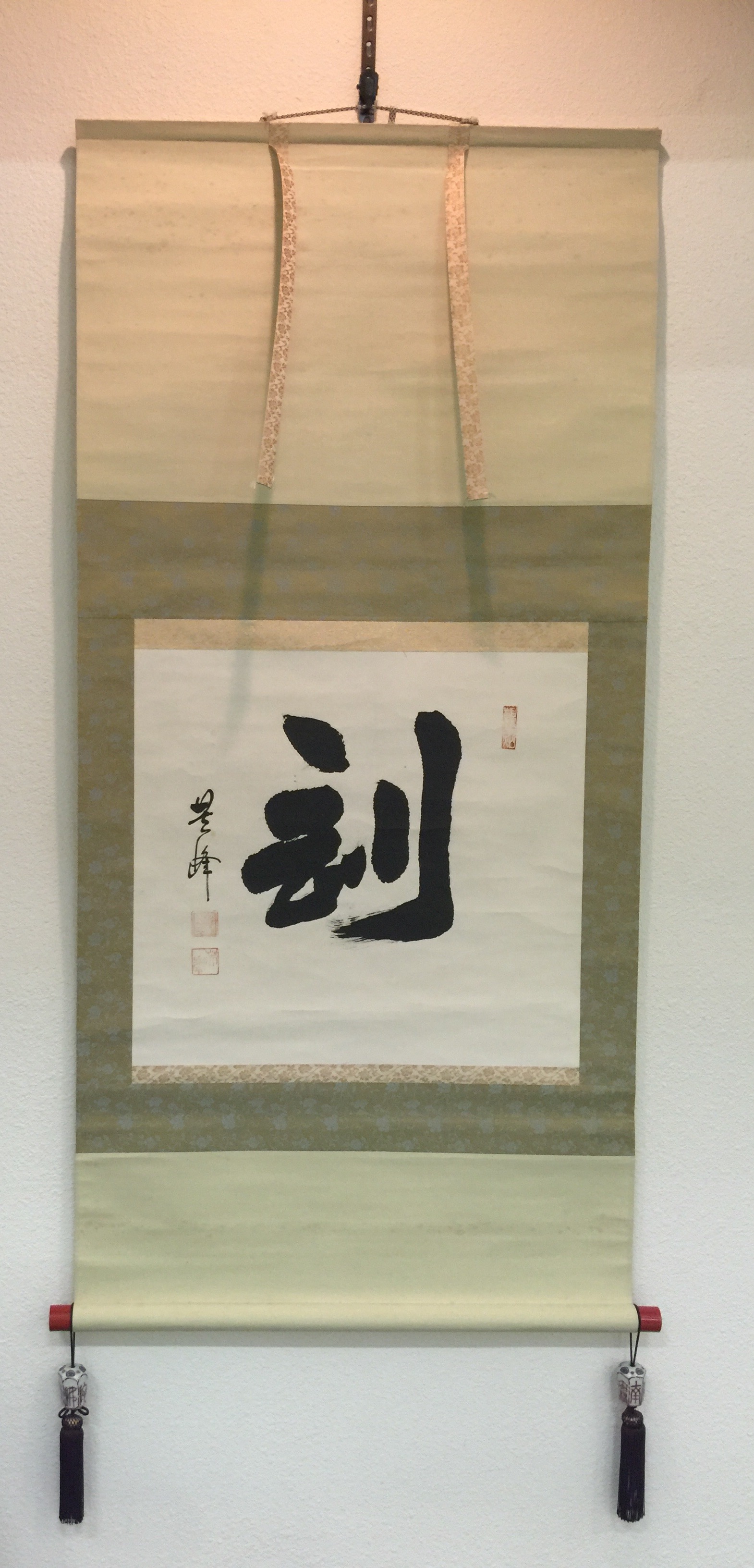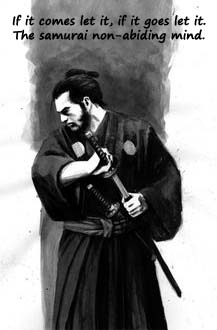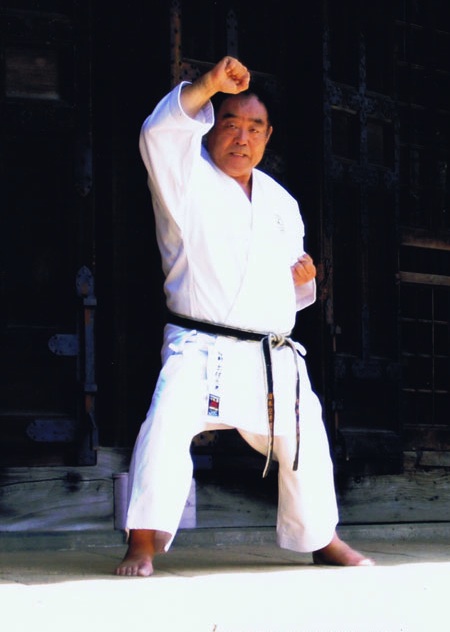 I recently read an article about the how despite the blizzard like conditions hitting the East coast, the tomb of the Unknown Soldier still continues to be guarded by the Sentinels. Reading this article made me smile and gave me a sense of hope that the spirit of budo still survives.
I recently read an article about the how despite the blizzard like conditions hitting the East coast, the tomb of the Unknown Soldier still continues to be guarded by the Sentinels. Reading this article made me smile and gave me a sense of hope that the spirit of budo still survives.
It bummed me out when I read some of the people's remarks criticizing this practice in the comments section. The people who criticize this time honored tradition don't understand budo.
 In Izao Nitobe's book Bushido, he outlines what he believes are the seven virtues of bushido or the way of samurai. The seven virtues are: integrity, respect, courage, honor, compassion, sincerity and loyalty. It is within these virtues that we can see why it is necessary to honor those who have sacrificed their lives for us.
In Izao Nitobe's book Bushido, he outlines what he believes are the seven virtues of bushido or the way of samurai. The seven virtues are: integrity, respect, courage, honor, compassion, sincerity and loyalty. It is within these virtues that we can see why it is necessary to honor those who have sacrificed their lives for us.
Interestingly, it is by no accident that the seven virtues begin with integrity and end with loyalty. One business leadership author called integrity, "The trait that ensures all others." With that being said, integrity calls us to have ichinen or single minded purpose. If we say we are going to do it, we do it regardless of weather conditions or whatever else comes up that might make it difficult. The blizzard conditions are nothing compared to the Unknown Soldier's sacrifice and thus the Sentinels post guard to honor that sacrifice.
It is also by no accident that loyalty comes last. Loyalty is the final exam of all the traits. Will we be who we say we are when we are tested? When one's loyalty is tested it shows their true colors or what is really in their hearts. It is kind of a final exam because what is truly in our hearts is only really tested when the teacher dies, when nobody is looking or sometime long after anyone really cares and that is why Furuya Sensei used to say, "Always act as if your teacher is watching." If we do that then we will always act appropriately.
Integrity dictates that a warrior does what they say they will do. A warrior has respect for not only themselves, but other people and traditions too. Warriors have courage to do what needs to be done regardless if nobody else thinks so. Warriors are people of honor which means that they live the Way and thus hold themselves to a higher standard. A warrior has compassion which enables them to stand up for others. Sincerity enables the warriors to do things with passion. Loyalty is the demonstration of all the traits and is the highest ideal of the warrior.
To be a warrior is to live a path that and live by set of rules that normal people cannot understand. Anyone can guard the tomb of the Unknown Soldier on a day when it is bright and sunny with a cool breeze. Only a true warrior can step out in a blizzard and do their duty. How many years will the Sentinels continue to guard the tomb of the Unknown Soldier? It depends, how long is forever?
Source: https://www.yahoo.com/celebrity/news/soldiers-continue-guarding-tomb-unknown-185500579.html?ref=gs





